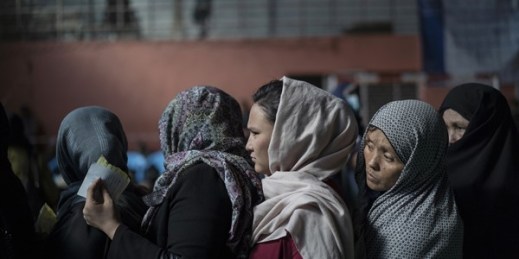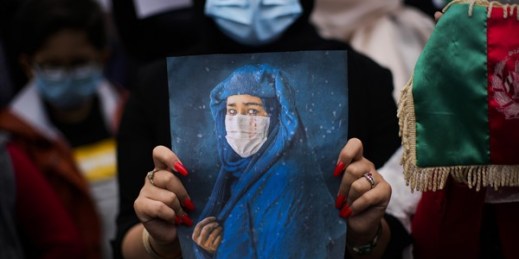
International attention has been trained this week on Ukraine, where fears of an imminent outbreak of conflict have many observers worrying about the future of multilateralism in a period of strategic competition between the U.S., Russia and China. Yet an equally troubling bellwether for the future of multilateralism lies in the world’s collective failure to address the ongoing crisis in Afghanistan. Five months after the Taliban’s takeover, the international community appears no closer to an answer on how to manage its strategic interests in Afghanistan, from dealing with the Taliban to addressing the needs of millions of suffering Afghans. […]

